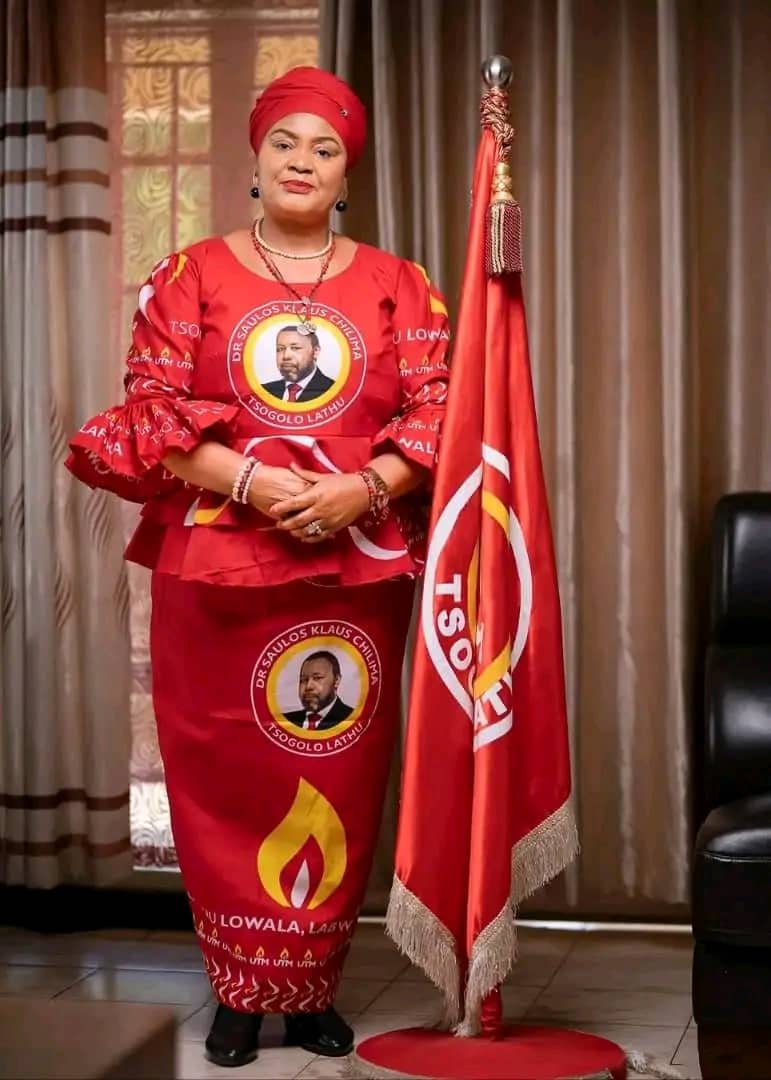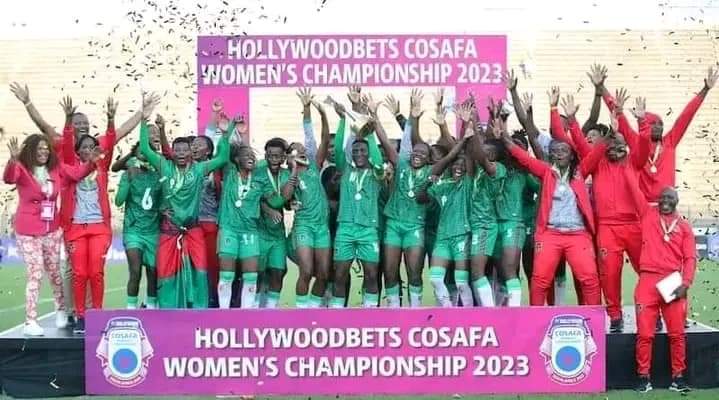By Burnett Munthali
The United Transformation Movement (UTM) is on the brink of a critical moment, as its upcoming convention will serve as both a testament to its democratic values and a strategic move to galvanize public support before Malawi’s 2025 elections. This analysis delves into the broader implications of the convention, the challenges it highlights within UTM, and its potential impact on Malawi’s political landscape.
A test of democratic principles
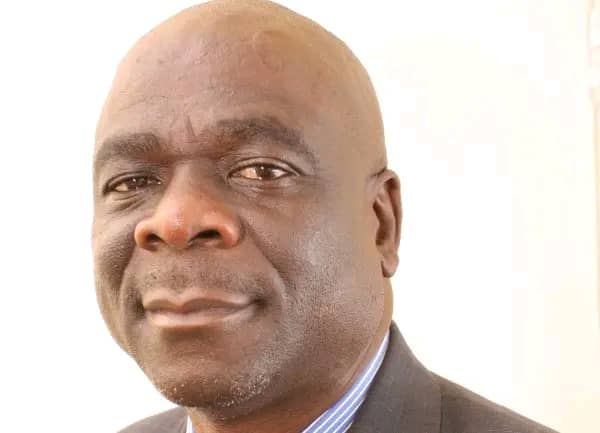
UTM’s announcement to proceed with the convention highlights its commitment to democratic ideals, positioning itself as a party that upholds transparency and inclusivity. By making leadership positions competitive and open to various candidates, UTM aims to demonstrate its dedication to internal democracy—a stark contrast to the entrenched party loyalty and closed leadership selection processes seen in many Malawian political parties. This openness, especially in allowing heavyweights like Dr. Dalitso Kabambe and Michael Usi to contend for leadership roles, could resonate well with an electorate increasingly skeptical of traditional political elites.

Yet, this promise of fairness and transparency will be challenging to fulfill. Political conventions often reveal underlying factionalism, and maintaining unity while fostering competition will test UTM’s capacity to handle internal differences maturely. How well UTM can navigate these dynamics will not only shape its public image but could set a new precedent for party conventions in Malawi.
Unity amid internal conflicts: A double-edged sword
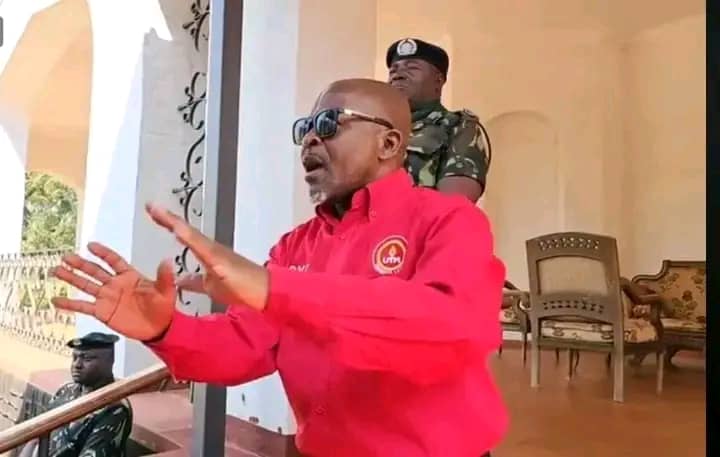
Internal conflicts in UTM are not unique but are particularly pronounced due to differing visions for Malawi’s future. These divisions, if unresolved, could undermine the party’s coherence and electoral message. The convention is an opportunity to either reconcile these differences or risk amplifying them. UTM’s leadership faces a delicate balancing act: promoting open competition while preventing these internal debates from escalating into full-blown rifts.
Some observers argue that internal conflict, while initially destabilizing, can lead to a more cohesive platform if managed well. If UTM successfully addresses these ideological disagreements during the convention, it could emerge more unified and better prepared for the general elections. However, if infighting overshadows the proceedings, it risks portraying UTM as a fractured party, diminishing public confidence.

Restoring public trust: The stakes for UTM
Public trust in political parties is at an all-time low in Malawi, and UTM’s commitment to a transparent convention is a calculated attempt to restore faith in political institutions. Malawians are increasingly vocal about the need for change, driven by frustrations over economic hardship, corruption, and a lack of job opportunities. UTM’s convention could serve as a platform to address these issues head-on, presenting it as a party that listens to the people and aligns with their aspirations.
The stakes are high. A transparent and inclusive convention that resonates with the public’s demand for accountability could significantly boost UTM’s standing among voters disillusioned with traditional politics. However, failure to live up to these promises, either through reports of manipulation or political infighting, could erode trust in the party and tarnish its image as a reform-oriented movement.
The Road to 2025: Strategic positioning
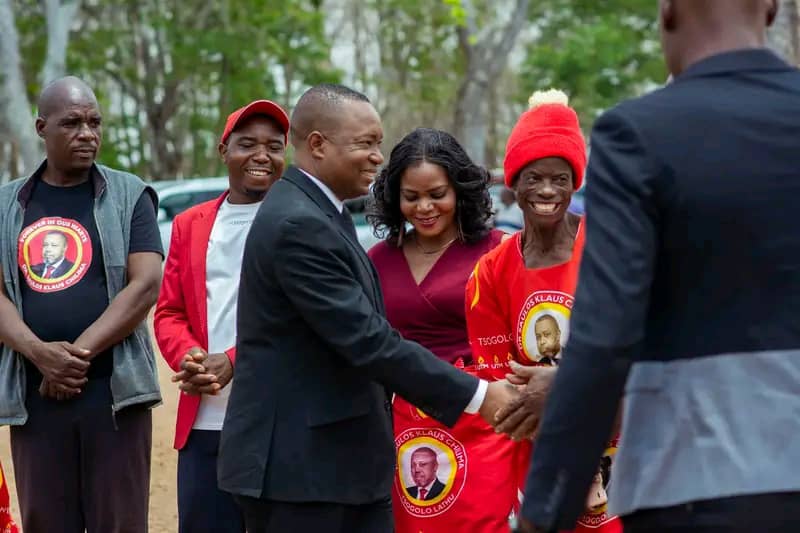
The timing of this convention is no accident, as UTM seeks to secure its footing ahead of the 2025 elections. The leadership team selected during this convention will influence the party’s messaging, campaign strategies, and policy priorities. With Malawi facing severe socio-economic challenges, including high unemployment and inflation, UTM’s policy agenda must appeal to voters seeking pragmatic solutions to these issues.
UTM’s focus on economic reform, anti-corruption measures, and job creation addresses pressing concerns among Malawians. However, presenting these policies in a cohesive, impactful manner will require a unified and capable leadership team. The convention’s outcomes will likely determine whether UTM can pivot from being an opposition movement to a viable alternative with clear, actionable plans for governance.
Implications for Malawi’s political landscape
Malawi’s political environment has long been shaped by familiar players and established alliances, but there is a growing appetite for genuine change. UTM’s willingness to undergo a competitive, transparent convention process may position it as a model for other parties in Malawi, potentially inspiring a broader shift towards internal democracy. Should the UTM convention proceed smoothly and transparently, it could influence other political movements to adopt similar practices, contributing to a gradual transformation of Malawi’s political culture.
On the other hand, if the convention stirs controversy or results in factionalism, it could discourage similar moves in other parties, reinforcing the perception that democracy within Malawian political parties is unachievable.
Conclusion
The UTM convention represents more than an internal party process; it’s a litmus test for its democratic commitment, an opportunity to unify and clarify its vision, and a stepping stone to positioning itself as a credible contender in 2025. For UTM, success at this convention means setting an example of openness and reform that could resonate with a disillusioned electorate. Failure, however, would underscore the challenges of party cohesion and transparency, potentially undermining UTM’s standing in the upcoming elections.
In a political landscape where public trust in leadership is tenuous, UTM’s adherence to democratic principles during this convention could either redefine its future or expose limitations that risk its credibility. Malawians will be watching closely, not only to judge UTM but to see if Malawi’s political scene is finally ready for meaningful change.

